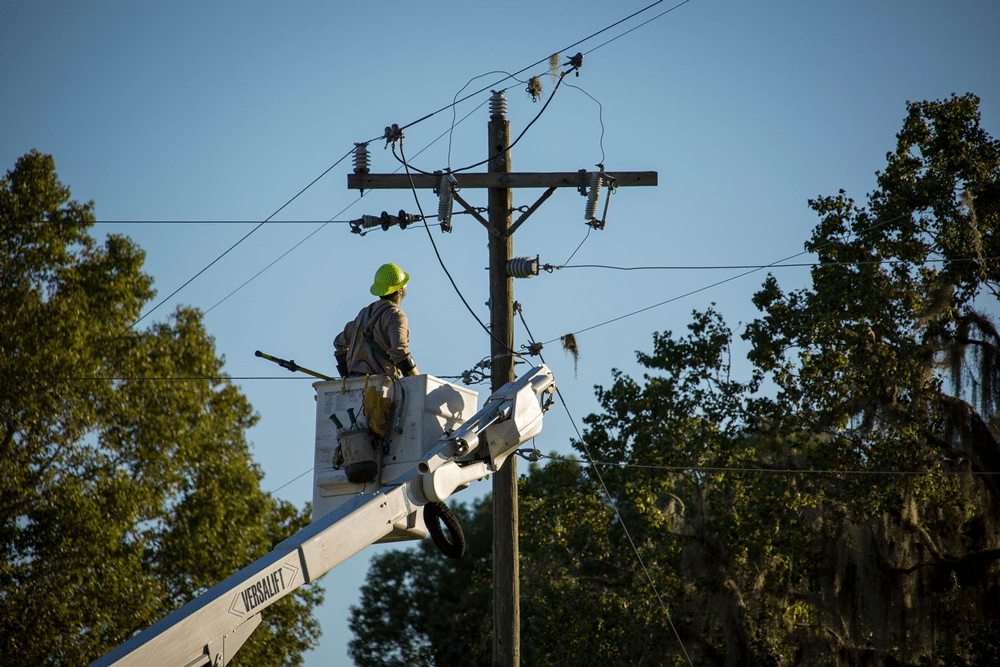Occasionally, the question arises as to the continued need for electric cooperatives. The query often comes from investor-owned utilities that want to take over cooperative service territories. For example, Hilton Head is a premier South Carolina vacation destination for many in the Southeast and is served by an electric cooperative. Years ago, a national news show aired a segment focusing on why an electric cooperative served this wealthy, developed area. The facts are that the co-op served the area long before it became a destination and aided in its growth. It also began serving the area because investor-owned utilities would not.
The question also rises from individuals who believe we should declare “mission accomplished” on rural electrification. In a recent article about shrinking the federal government, Politico magazine wrote that “the Rural Electrification Administration did not close up shop after rural America was electrified; it is now the Rural Utilities Service (RUS), subsidizing phone service in rural areas — as well as some formerly rural exurbs — along with rural sewer plants and rural broadband.”
The article considered the RUS an agency that should be eliminated; we consider it vital to our rural areas. Living in a rural area shouldn’t mean you have to do without essential services. Electricity is not the only essential service needed by rural residents.
The need for electricity is what brought us into existence more than 80 years ago. Yet, even in those early years, electric cooperatives were almost immediately involved in other aspects of improving the lives of rural residents. Many cooperatives opened community rooms at their offices to teach members how to use their new electric appliances. Some co-ops even sold appliances.
Electric cooperatives have expanded the roles they play, providing telecommunications and other needed services. They respond to the needs and desires of our members, and those needs are not limited to electricity. In fact, the section of Tennessee code that authorizes our cooperatives defines us as “Rural Electric and Community Services Cooperatives.”
In many states, electric cooperatives provide broadband services to their members. That could soon become true in Tennessee as well if pending legislation becomes law, allowing electric cooperatives to provide their members with broadband. That doesn’t necessarily mean it would happen overnight across the state. Each cooperative would make that decision for itself, taking into consideration the needs of its members and the financial ability to make it work. It’s a needed service, but it is also an expensive undertaking.
Electric cooperatives are member-owned, and each member is equally important. Our co-ops provide services based on “area coverage,” which Tennessee state law defines as “a service … available to patrons in accordance with a financially feasible plan without regard to how thickly or sparsely patrons’ premises may be located in a cooperative’s area of service.”
When will our mission end? The short answer is never. The long answer: Simply because we’ve provided electricity to rural areas doesn’t mean we’re going to call it a day and close shop. We will continue to provide for the needs of our members indefinitely. If our members need essential services and we can fulfill these needs in a financially viable manner, we will.
The mission of Tennessee’s rural electric and community services cooperatives is to provide needed services to our members. Any member. All members.



